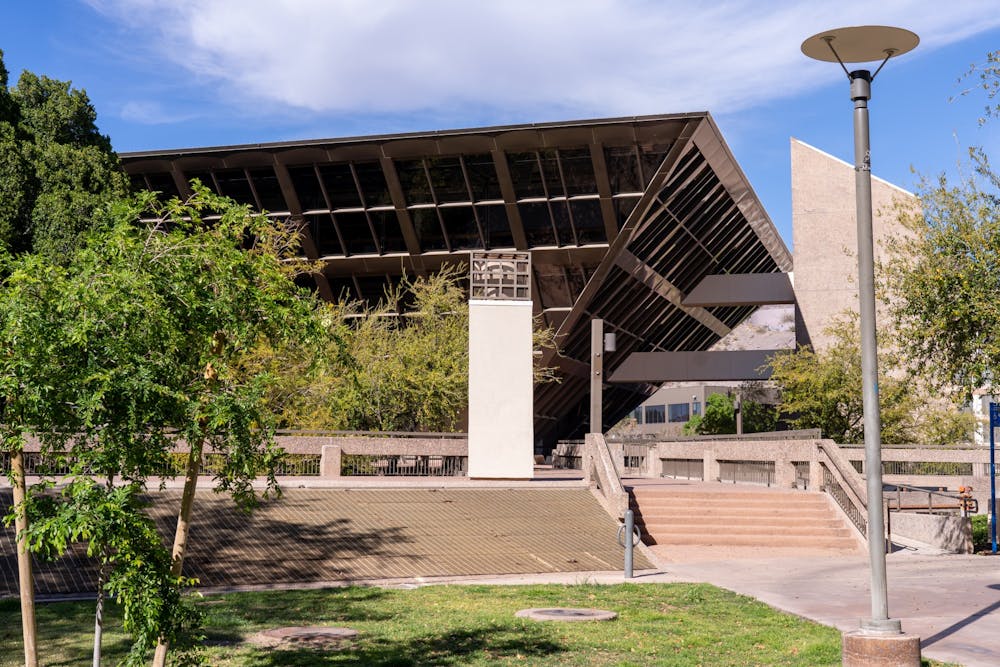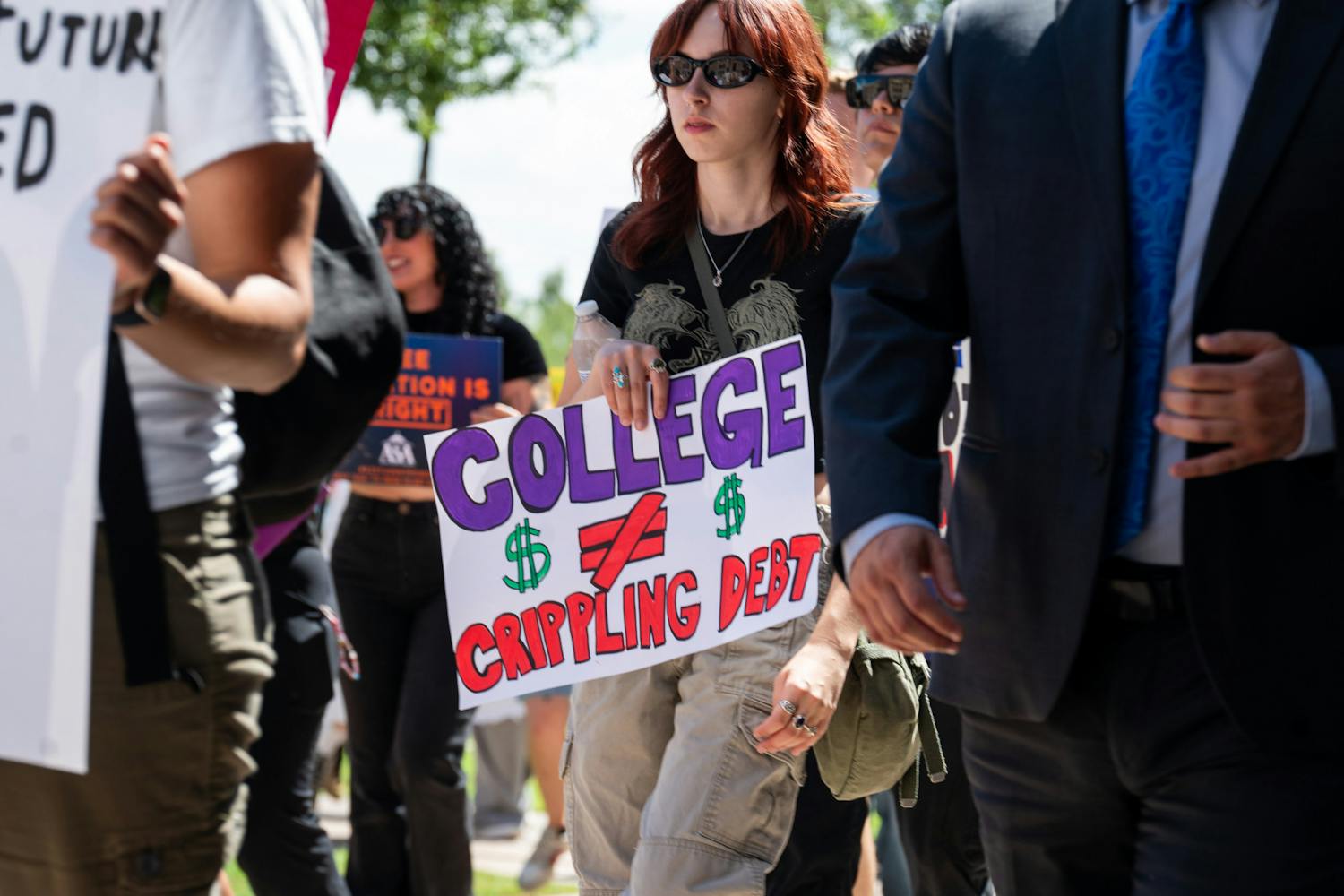This upcoming May, a citywide special election will decide the fate of the proposed entertainment district that would house the Arizona Coyotes arena, sportsbook and hotel.
Tempe's special election will contain Proposition 301, Proposition 302 and Proposition 303 for voter input on the proposed development for the Coyotes' arena.
Proposition 301 is a resolution that would amend the Tempe General Plan for 2040, which acts as a guide for how the city plans to expand and change over the coming decades. The amendment would change the classification of the land, which is around 34 acres located at 53 South Priest Drive from "commercial" to "mixed-use." The new classification would "facilitate the redevelopment" of the property to properly fit the proposed arena and entertainment district.
If approved, Proposition 302 would rezone the property as an official mixed use district, to allow more land to facilitate the retail, restaurant, hotel, office and residential land uses the proposed entertainment district would require. In Nov. 2022, the city council already rezoned the property to a "Mixed Use District," but the vote would uphold or nullify that decision.
Proposition 303 is the ballot measure that would approve of the actual building of the arena and entertainment district from Bluebird Development LLC, who is developing and representing the Arizona Coyotes' plans.
The special election was called in Nov. 2022 to take place on May 16 of this year. All special elections must be announced at least 180 days before the proposed election takes place.
Despite the election date being set in November, some students don't know about the upcoming vote. Hailey Boiarsky, a freshman studying political science, gender, women and sexuality studies, and philosophy, said the city isn't doing enough to make sure people know about the upcoming ballot.
"Tempe needs to be inspiring us to make a change, not suppress our voices and hide critical voting dates," Boiarsky said. "Especially when we are just coming of age to vote and do not always know the general times of elections."
Tempe has information regarding the upcoming special election on the city website.
The council has also pushed for the Tempe Town Lake South Pier build for months but was halted when Central Arizonans for a Sustainable Economy took it to the Arizona Court of Appeals, who ruled the $1.8 billion development needed to be put up for a citywide election. The $1.8 billion development is set to use a Government Property Lease Excise Tax abatement for that project, as well as for the arena and entertainment district.
The GPLET removes the requirement to pay property taxes for at least eight years in order to incentivize development in urban centers.
"Mayor Corey Woods said that the South Pier agreement provided unprecedented public benefits to the city in exchange for a (GPLET) abatement on the property," said a Tempe press release from media contact Nikki Ripley.
READ MORE: Students concerned about newly approved development along Tempe Town Lake
The council ended up filing a case with the Arizona Supreme Court to review the decision. The city said in a press release that it "maintains (the) decision should lawfully rest with Council." The South Pier project is not on the special elections ballot at the time of writing.
Haden Pittson, a sophomore studying sustainability, said voters should have a critical impact on the major changes in Tempe.
"As students, we have a responsibility to engage in local politics and make informed decisions on initiatives that will have significant impacts on our community and environment," Pittson said.
Along with information about what will be on the upcoming ballot, Tempe shared Maricopa County resources to make sure people are registered to vote and know of voting locations.
"Information needs to be more accessible so the public can better understand the implications of the proposed project, especially in terms of sustainability," Pittson said. "If political information becomes more accessible, greater public participation will be possible."
The next citywide general election won't take place until March 2024 and will elect the mayor and fill three city council seats. Boiarsky said in all elections, young people should be registered, knowledgeable and should participate no matter what's on the ballot.
"Young adults should be aware that their voices matter and that their vote will be crucial to making a change," Boiarsky said.
Edited by Shane Brennan, Reagan Priest and Grace Copperthite.
Reach the reporter at alysa.horton@gmail.com and follow @alysa_horton on Twitter.
Like The State Press on Facebook and follow @statepress on Twitter.
Alysa is a senior studying journalism and mass communication with a minor in political science. This is her fifth semester with The State Press. She has also worked at The Arizona Republic.




